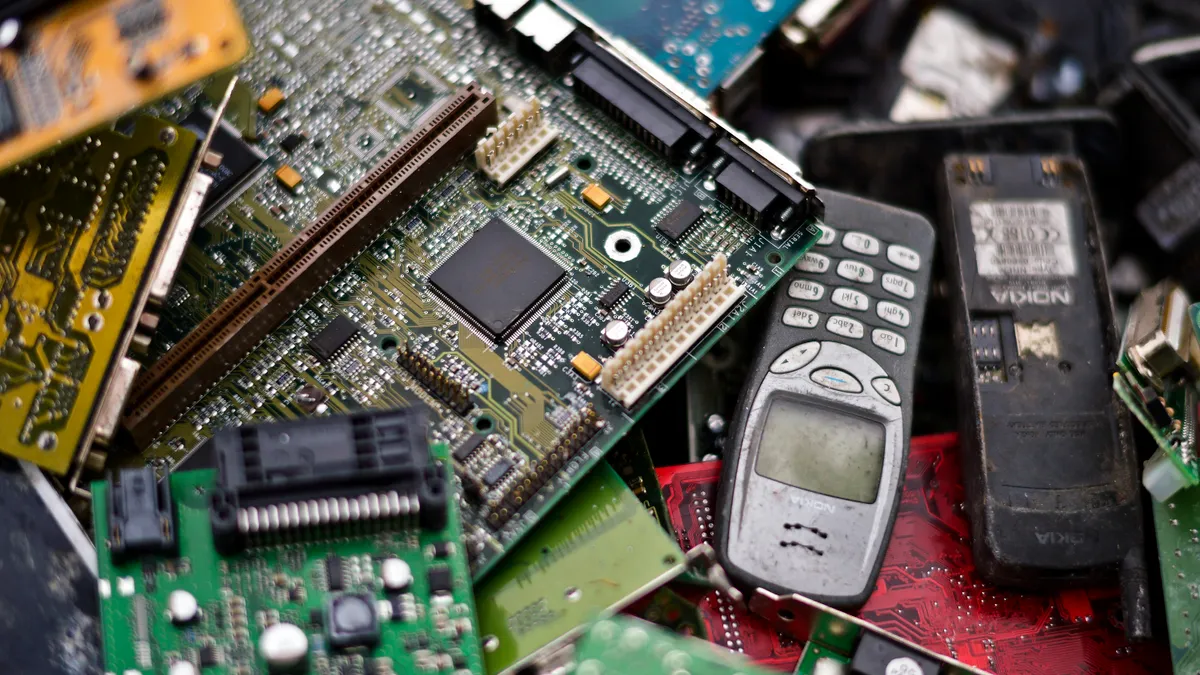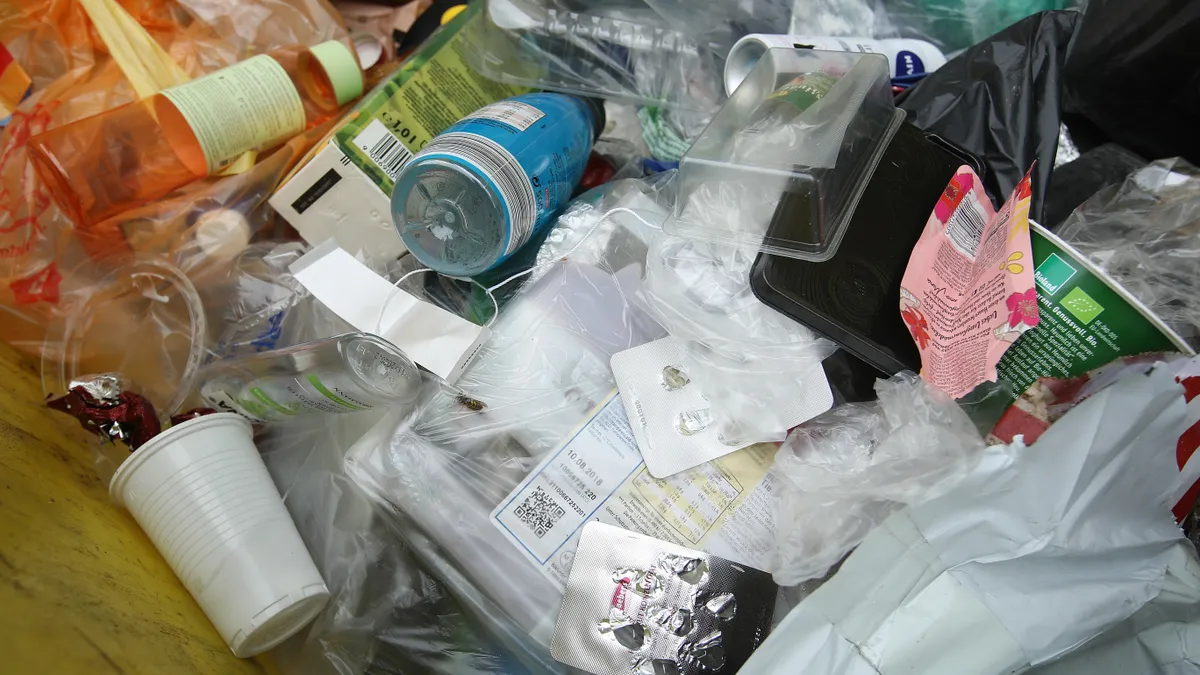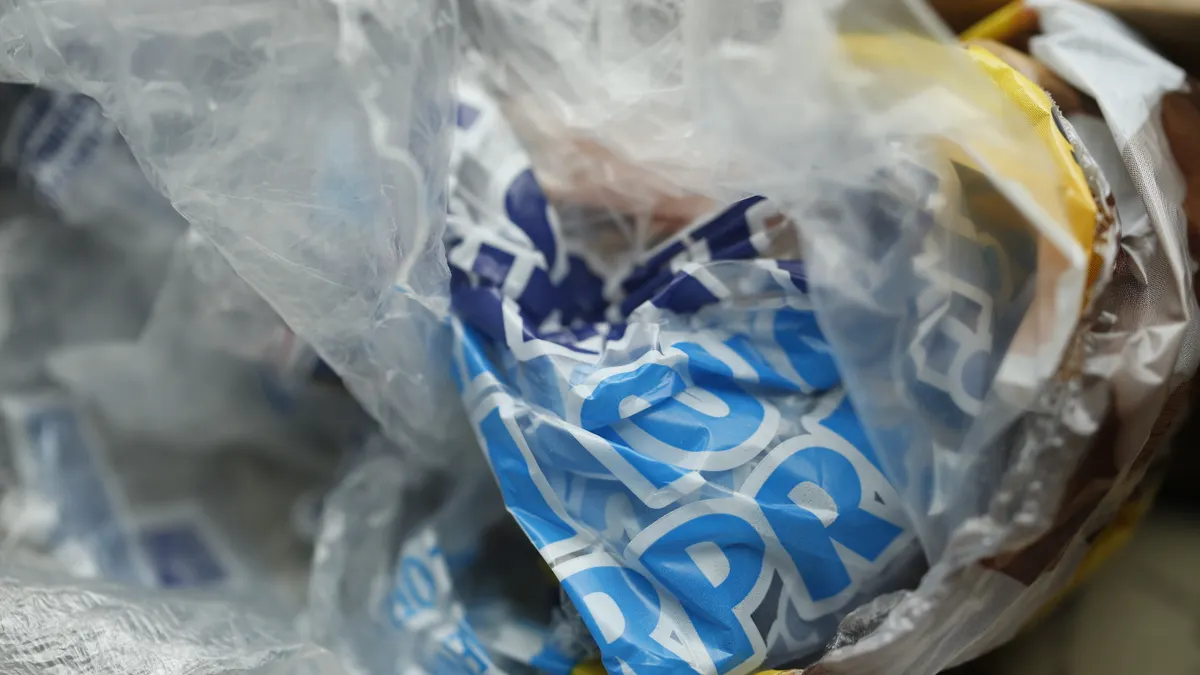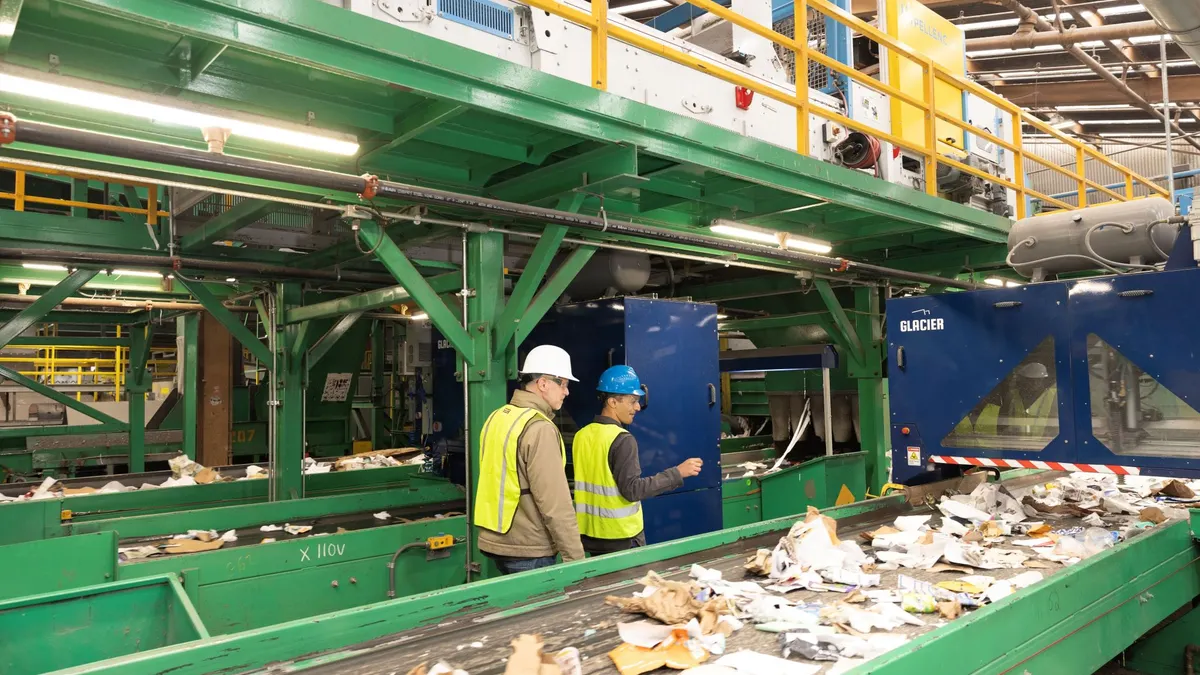Advocates expect at least 20 states to introduce legislation aimed at making it easier for the public and e-scrap refurbishers to fix electronics now that New York has passed the country’s first right-to-repair law of its kind.
Gov. Kathy Hochul signed the Digital Fair Repair Act into law Dec. 28. It requires original equipment manufacturers to make repair information and tools for certain electronic devices, such as cell phones and laptops, available to the public.
“This legislation will empower consumers with better options to repair their devices, thereby maximizing the lifespan of their devices, saving money, and reducing electronic waste,” Hochul said in a statement.
The bill was sponsored by state Sen. Neil Breslin and Assemblymember Patricia Fahy. The Repair Association was a main supporter of the bill. About 85% of the 655,000 tons of e-waste generated in the state each year “ends up in a landfill,” but better repair laws can help reverse the trend, Fahy said.
“We are hopeful this will spur other states into action, galvanize the effort to enact a right to repair law at the national level, and that all Americans will eventually enjoy a comprehensive and real 'right to repair,’" Fahy said in a statement.
Recycling industry representatives like the Institute of Scrap Recycling Industries supports right-to-repair initiatives, and the Biden administration and Federal Trade Commission have also voiced support in recent months.
Many companies do not publish repair manuals or sell specialized repair tools widely, or they only make them available to their authorized repair partners. Bill proponents consider such tactics to be anticompetitive behavior. They say the new law will allow consumers more control over devices and give independent repair providers and refurbishers a boost in business.
Right-to-repair bills are hardly new in the U.S., and the Repair Association has provided templates for such bills for several years. Yet this development in New York is notable because it’s one of the first to successfully pass despite major lobbying efforts against it, said Kyle Wiens, CEO of repair company iFixit. Colorado passed a right-to-repair law in 2022 for powered wheelchairs.
Wiens expects nearly two dozen state legislatures to introduce or reintroduce some kind of right-to-repair bill in 2023, and there could also be action at the federal level. He sees New York’s success as a major stepping stone, even if the new law has been “watered down” from previous versions. However, “it’s still massively better than the status quo,” he said. “It’s not a huge leap, but we always knew we weren’t going to go from zero to full right-to-repair in one go.”
Lobbying from tech companies, especially the trade group TechNet that represents companies like Apple and Samsung, played a major role in rewriting the bill, Wiens said.
Others opponents included the Business Council of New York, which said the bill would force equipment manufacturers to “send significant amounts of data related to highly sensitive and technical aspects of equipment to almost any repair provider who requests it.” The bill states it does not require an OEM to divulge trade secrets to repair service providers.
The law applies to covered devices manufactured, sold or used for the first time on or after July 1, 2023. Wiens said previous versions of the bill would have applied to much older devices. “The products out there that need the repair information are the products that have been made over the last decade,” meaning the 2023 eligibility date may not help refurbishers whose main business is restoring older electronics. However, he said repair technicians may still learn valuable information from new repair schematics that could apply that to older models.
The law, first introduced in 2021, went through numerous other revisions in its drawn-out path to passage, according to the Times-Union. The final version ultimately exempts farm, motor vehicle, construction and medical equipment, as well as certain home appliances and safety communications equipment.
Wiens and the Repair Association consider the elimination of appliances from the bill to be a significant blow. “Appliances like your refrigerators and microwaves don't last nearly as long as they used to,” he said.
The bill passed the Assembly and Senate in June, but it didn’t go to Hochul’s desk until December. That pause “gave [the tech industry] more time to exert more influence” and further modify the bill, Wiens said.
In a December memo, Hochul said she “reached an agreement with the legislature” to cut a provision that would have required OEMs to provide the public with passwords or security codes needed for certain repairs. Another change exempts digital products used for business-to-business and business-to-government services.
In a statement, the Repair Association expressed disappointment that the final bill had so many exemptions but applauded its ultimate passage. The New York law “still moves the ball forward so we’ll take our fight to the next level elsewhere.”



















